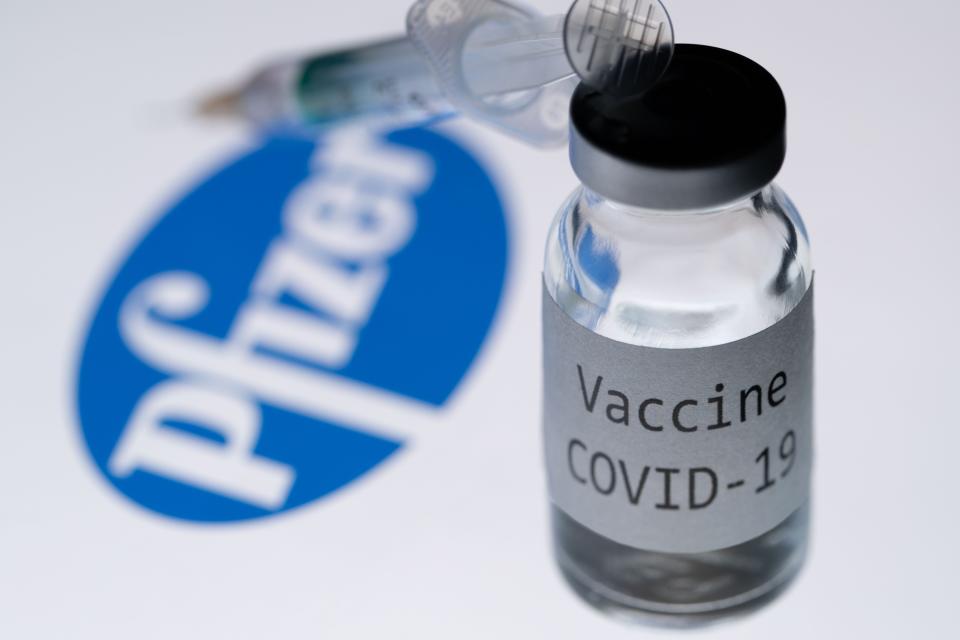Pfizer will only distribute half of promised Covid vaccines, reports say

The global rollout of the first Covid-19 vaccine has been cut by half as unexpected delays hit production and distribution.
Reports that Pfizer and partner BioNTech’s will ship 50 million doses by the end of 2020, down from its original projections of 100 million, come after the UK became the first western country to grant emergency use authorization for the vaccine.
“Scaling up the raw material supply chain took longer than expected,” a company spokeswoman told The Wall Street Journal. “And it’s important to highlight that the outcome of the clinical trial was somewhat later than the initial projection."
The first doses of the Pfizer vaccine in the US are expected to be delivered to New York on 15 December with the Moderna vaccine to follow a week later if both are approved on schedule by the US Food and Drug Administration.
Pfizer had its 100-million dose goal in place until mid-November, when it became clear the supply-chain hurdles were too great for the end-of-the-year timeline.
Concerns began building last month that the subzero shipping of Covid-19 vaccines could lead to a widespread failure of doses if “dysfunctional" distribution leads to delays and expiration.
Experts warned the extreme, deep-freeze conditions needed to maintain the vaccines posed a serious risk to their effectiveness as states, the military, airlines, cargo trucks and health services scramble to transport and administer tens of millions of doses to all corners of the country.
Pfizer's vaccine needs to stay at -94 degrees Fahrenheit while Moderna's vaccine needs to stay at -4 degrees Fahrenheit.
With hazardous materials like dry ice needed to maintain the extreme cold, the storage and temperature requirements could lead to a four-day delivery window.
For Pfizer's vaccine, that would give a six-day window to deliver up to 5,000 doses - or 833 per day - before the company's storage solution becomes too warm and doses lose effectiveness.
“We were late,” a person directly involved in the development of the Pfizer vaccine told the Journal. “Some early batches of the raw materials failed to meet the standards. We fixed it, but ran out of time to meet this year’s projected shipments.”
While Pfizer will miss their 2020 target, they are on schedule to cover the 50 million shortfall in 2021 as production scales to create 1.3 billion doses by the end of next year, according to the Journal’s reporting.
Sources would not confirm to the outlet if shortfalls of raw materials from US and European providers were responsible for delays as they ramped up production.
Traditional vaccines usually contain tiny fragments of the disease-causing organism along with preservatives, proteins and diluents.
But Pfizer's Covid vaccine, technically called BNT162b2, is based on experimental mRNA technology that contains snippets of the coronavirus spike protein's genetic code that tells body's cells to produce a small facsimile of that spike protein.
That kickstarts the immune system to produce antibodies. The vaccine also contains synthetically created fatty coverings, called lipid nanoparticles, to protect the fragile mRNA molecules.
“For this one, everything happened simultaneously,” the person familiar with the Pfizer development told the Journal. “We started setting up the supply chain in March, while the vaccine was still being developed. That’s totally unprecedented.”

